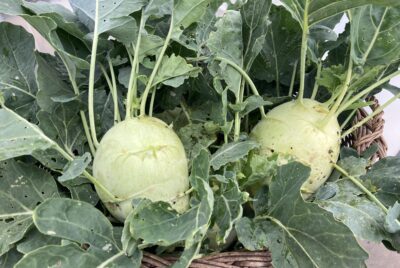RESEARCH
Vocational Rehabilitation in Mental Health Services: Evaluating the Work of a Social and Therapeutic Horticulture Community Interest Company
Summary
The Natureways project provided horticulture-based vocational training for individuals with mental health conditions, aiming to enhance employability, social inclusion, and recovery. Over one year, 16 trainees participated, with six securing paid employment, three engaging in voluntary work, and four joining an external landscaping team. Additionally, ten trainees earned a Level 1 City & Guilds qualification, and one transitioned to higher education. The study highlights the program’s success due to its supportive work environment, structured tasks, strong leadership, and integration with local care planning pathways.
A key finding is that the project’s community-embedded model and hands-on, therapeutic horticulture approach were instrumental in fostering confidence, stamina, and interpersonal skills among participants. The study emphasizes the importance of intersectoral collaboration, adaptability in funding models, and the value of social enterprises in vocational rehabilitation. The findings support expanding similar initiatives as effective alternatives for mental health recovery and workforce reintegration.







